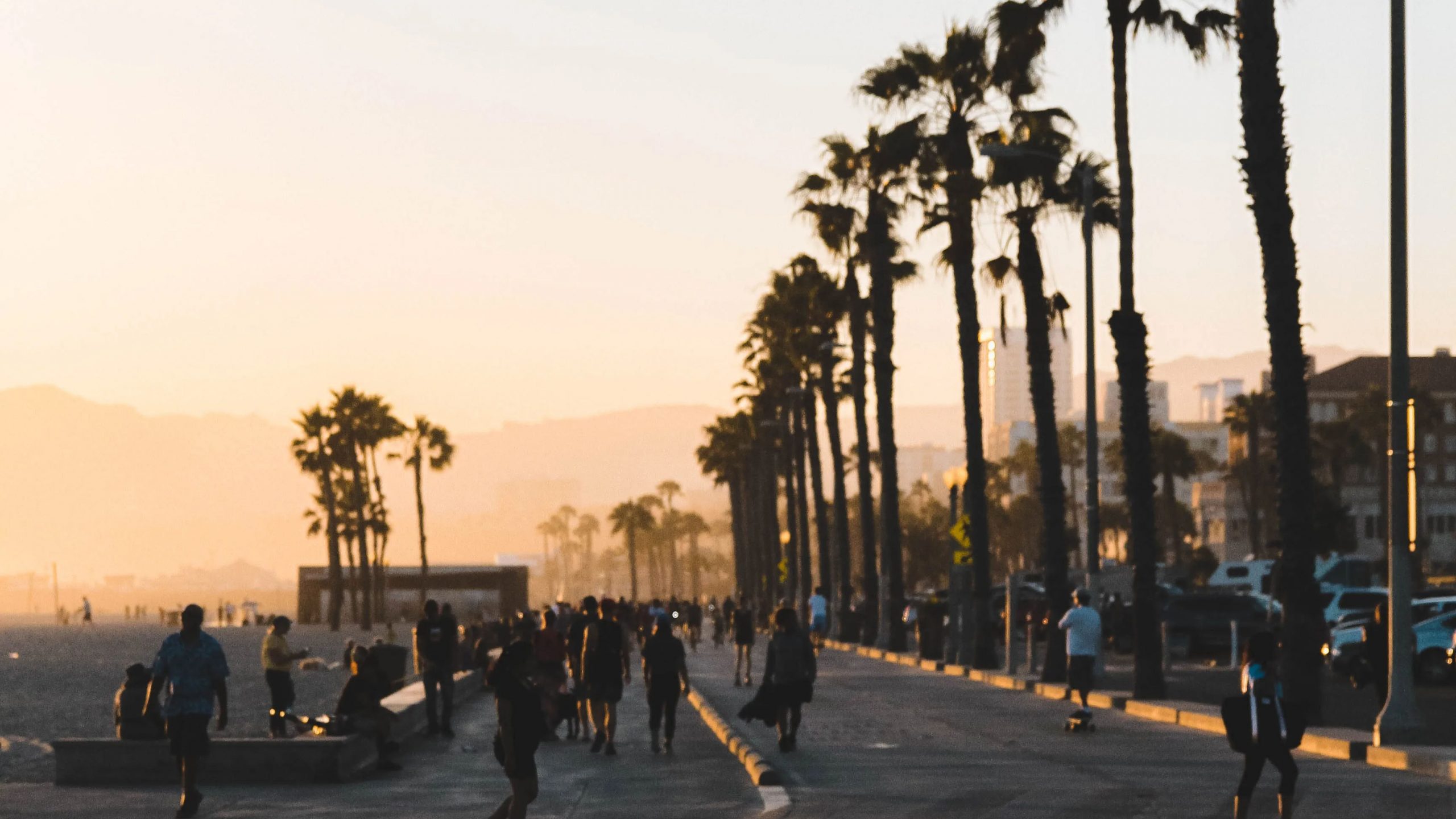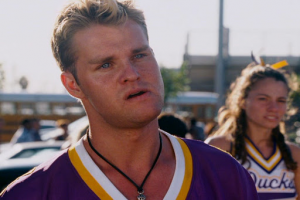Ah yes, Venice Beach in California: synonymous with sun, surf, palm trees and, now, homeless people.
As many as 200 tents line the oceanfront in this Los Angeles-area town that for decades has been a lure for surfers and tourists.
The area is a chaotic jumble of any material that can create shelter, and of waste and detritus, amid appalling hygiene conditions. The smell of urine competes with that of suntan lotion.
“I didn’t expect to see so many homeless people here in Venice. Already in Hollywood a few days ago, I was a bit surprised, but here, all these tents touching each other, these shacks, these tarpaulins, it’s almost like a village,” said John Jackson, who was visiting from the southern US state of Alabama.
Also Read | Florida building collapse: How a game of football saved a person’s life
Before the coronavirus pandemic, authorities made homeless people living on the beach take down their tents during the day. But city hall suspended that rule to limit the risk of contagion among people who are already vulnerable to illness.
Homeless people in the Venice area, many of whom lost places in shelters and free meals because of the pandemic, have used the health crisis to converge on the city’s beach.
“The homeless have been part of Venice folklore since the 60s or 70s, but now their numbers have exploded. And they’ve changed too,” said an assistant in a souvenir shop who did not want to be named.
Also Read | ‘Money shot’: Google buys amateur photographer’s snap for ad campaign
“Before a lot of them were hippies, beach bums who had more or less chosen this way of life. Now they are really poor guys. Almost everyone out there is very bad physically and mentally,” said this man in his 60s.
“I see pain, mental illnesses, drugs … And it’s been rough for me this past month,” said Denise Diangelo, a homeless woman who spoke to AFP near the beachfront encampment.
“Probably the main problem that I’ve had personally is sleeping. I usually like to sleep alone by the water, the Pacific Ocean, to keep away from problems,” said Diangelo. Her only shelter, she says, is a beach umbrella.
Right before the pandemic nearly 2,000 people were recorded as being homeless in the streets of Venice. The numbers have grown steadily.
But now that life is returning to normal and tourists are coming back, the beachfront homeless camp is beginning to bother some and even take on a political bent.
Mike Bonin, a city councilor who advocates relocating the homeless population, has found himself locking horns with the Los Angeles County sheriff’s office and neighborhood associations that want a much more forceful evacuation the homeless.
Like many people who visit Los Angeles, Jackson, the Alabama tourist, said he cannot understand “why all these people are homeless when California has the reputation of being so rich.”
Indeed, California boasts the world’s fifth-largest economy in terms of GDP. But it is also one of the US states with the most poor people.
It holds the sad title of being home to the largest homeless population in America: more than 66,000 in Los Angeles County alone before Covid-19, up nearly 13 percent from the previous year.
One of the main reasons for this, according to the Los Angeles city agency that tries to address homelessness, is the lack of affordable housing in a city where rent is very expensive.
Rent shot up 65 percent from 2010 to 2020, nearly twice the average rate of increase for the country as a whole. In the same period, median Los Angeles household income rose only 36 percent.
Some groups are working to provide aid and housing for the homeless people of Venice, but this is a tough job because some of them having been living in the streets for years.
Take the case of Rodrick Sims, who is 50 and has been homeless for 15 years. He said his descent started when he got divorced.
“I don’t know what to do. I’m hoping that they give me, you know, a place where I can start learning how to live inside again,” he told AFP while eating grapes outside his tent on the beach.
“I’ll tell you, when once you’re outside, you get feral, like a wild wild man,” Sims said.







